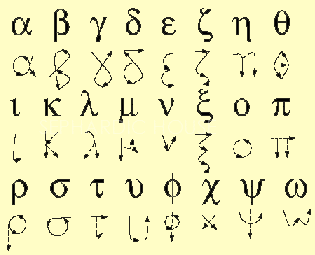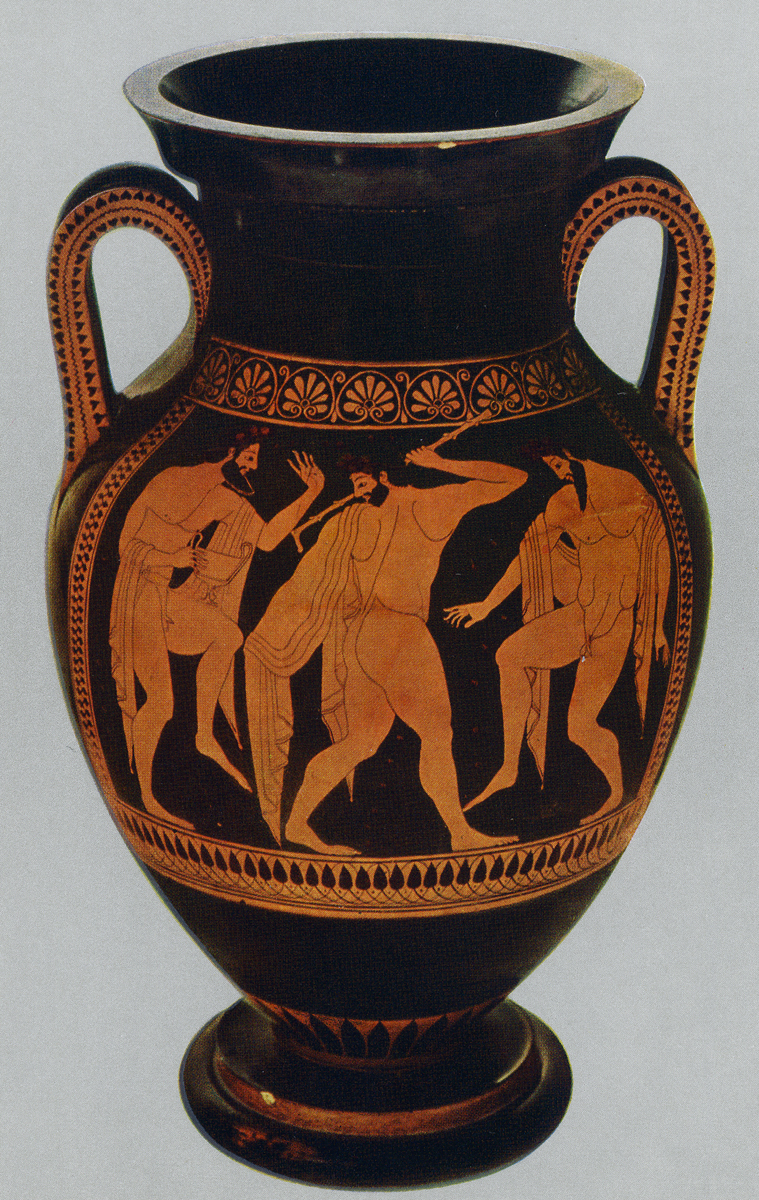
MACBETH DID COME, BUT
WAS ALSO OVERCOME...
WAS ALSO OVERCOME...
This play is incredible; the transformation of the Macbeth from a good man to a tyrant without an ounce of sympathy or compassion was masterfully written. The Changes in Macbeth are in interesting contrast to Lady Macbeth, who was immediately drunk with ambition for she and her husband's potential for position and power. She waned from a full moon of ambition and murderous desire, to nothing more than a sliver of a miserable wretch. Shakespeare did an amazing job of capturing their stepwise transformations, and made it not only believable but heart wrenching as well. A true tragedy.
INCREDIBLE MOMENTS AND GREAT LINES...
The Three Weird Sisters
"When shall we three meet again?
When the hurly-burly's done,
When the battle's lost, and won"
(Act 1, Sc 1, 1-4)
This is a great line because it shows that these three witches don't care at all about the events that they have influence over. Usually when we talk about an event, where something is in the balance for us, it comes out in our words what we want to have happen. The weird sisters don't care about the battle, but when someone has lost, and someone has won, they will meet again.
The Noble Banquo
But 'tis strange, and oftentimes,
to win us to our harm, the
instruments of darkness tell us
truths; Win us with honest trifles,
to betray's in deepest consequence.
Banquo was a good man, who did not let the ambition that destroyed Macbeth enter into his heart. In my opinion this is one of the most profound lines in the play. Don't be won with honest trifles.
Prophecy for Banquo
Do you remember how James I of England is of the real Banquo's line? So there's a connection Shakespeare made for James I to feel included in the plot of the play. The Weird Sisters said to Banquo "Thou shalt get kings, though thou be none. So all hail Macbeth and Banquo," (Act 1, Sc 3, 65-66). James I is one of those kings.
King Duncan laying for foundation for a major theme
"There's no art to find the mind's construction on the face," (Act 1, Sc 4, 11-12). The principle from this line stayed with me throughout the entire play. It was interesting to see how Macbeth tried to hide under the persona of the "Brave Macbeth..." who used to deserve that name, (Act 1, Sc 2, 16).
Macbeth with a tortured mind
"Whence is that knocking?!!! How is't with me, when every noise appalls me," (Act 2, Sc 2, 61); and "Full of scorpions is my mind, dear wife!" (Act 3, Sc 2, 36). We find Macbeth unable to find any rest or reprieve from the unquenchable guilt and anxiety he feels. The only way to get rid of such feelings when he's done what he's done is to not care, and become a ruthless, merciless, brutal man, with not trace of kindness, sympathy or compassion. This is what he does.
Lady Macduff without her husband
In a nearby castle, we find the wife, child and household of Macduff, a man Macbeth fears will oppose him. It is a very sad scene that ends in a massacre. Lady Macduff was left to wonder why her husband left her alone and defenseless; he left to find a way to remove the iron-fisted tyrant that threatened his family and country. In her extremity Lady Macduff said: "What had he done, to make him fly the land?... His flight was madness. When our actions do not, Our fears do make us traitors," (Act 4, Sc 2, 1-4). It tears your heart out to know more than the characters, and feel the pain they are in.
The hardened Macbeth
Macbeth has become that man who no longer feels; he has displaced those scorpions with ever more terrible deeds. As Macduff and his companions march to remove Macbeth from his position, it was said, "Those he commands, move only in command, nothing in love. How does he feel his title Hang loose about him, like a giant's robe upon a dwarfish thief," (Act 5, Sc 2, 19-22). Macbeth dies friendless and alone.
Some last thoughts...
 |
| Macbeth------------------------------------------regular people |
As we continue to read "many things," from among "the best books," there should be opportunity to liken some Shakespeare unto us for personal learning, (1 Nephi 19:23; D&C 109:7).
The figure above is an example of similar triangles. A triangle is similar to another when its angles are identical but the lengths of the sides are of different magnitudes. The connection between Macbeth and regular people is this: we should be careful of the direction our actions point us, and never dismiss wrong choices as tolerable just because they are smaller in magnitude. We should be very careful of what we choose to similar too.











